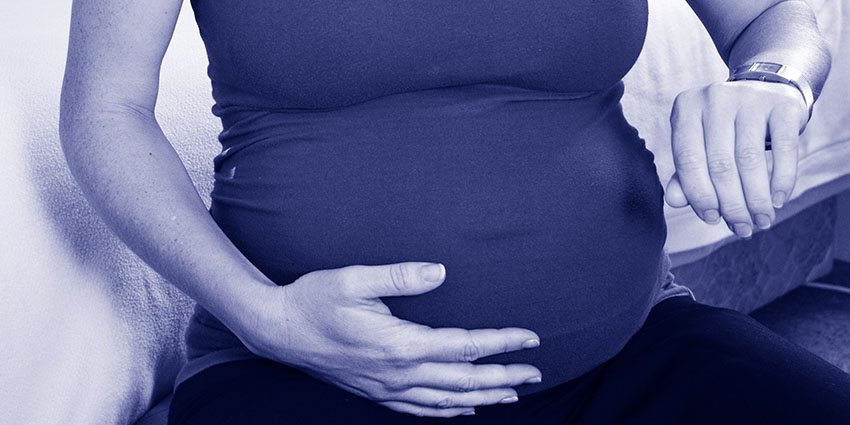Maybe you haven't ever heard of the 4th trimester, but this is considered to be the first 3 months after a baby is born as you both adjust to life outside the womb.
Your baby was constantly rocked, cuddled, heard your heartbeat, and was never in need of anything during the 40 or so weeks of the pregnancy. The first 3 months of life are about developing new routines and learning your baby’s cues which are how she lets you know when she needs something. Below you will find a list of suggestions that I find make for happier moms and babies!
- Give cuddles and wear your baby often to continue that sense of closeness which is a comfort to most babies and keeps them in an upright position to reduce gas and other tummy issues
- Feed on demand whether you are breast, bottle or a combination as only the baby knows when and where she is hungry
- Be ok with a certain amount of loss of control
- Develop routines rather than schedules meaning that certain things get done in an orderly fashion (like a bedtime routine) but it may not be at the same time each day
- Don’t worry about spoiling a baby with love and attention as this only provides comfort and security for your baby who will be “their own little person” soon enough
- Learn to take advantage of when your baby sleeps and get in the naps you need
- Find a blog or group of women with new babies to meet regularly so that you can be reassured that you are not alone and doing a good job in this new important role
Related Posts

Author
Dr. Cheryl Sharp, Chief Content Officer
Cheryl is a midwife and women's health nurse practitioner who has been caring for women, newborns, and families more than 30 years. She views the opportunity to journey with women through their pregnancy and beyond as a sacred privilege.







